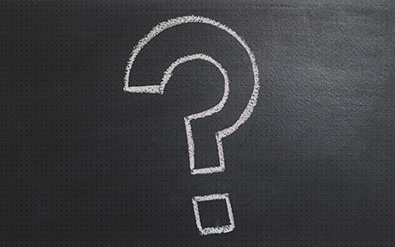Share This
By Susanna Kalnes, Senior Associate
Behind every true news story is a journalist who has sought answers to questions that all start with the words who, what, when, where, why and how. As basic as that may sound, using these six words, consecutively, to explore a topic or resource is absolutely critical when it comes to reporting. They also happen to be the best diagnostic tools for PR professionals when it comes to new business meetings and considering media angles for existing clients.
Perhaps we can all agree on the broad statements I made in the paragraph above, but I’m here to argue that the “why” questions are the most important ones you will ever ask in PR. Why, you might ask? (Ha – I couldn’t resist!) There are many reasons.
Reason 1: “Why” Questions Cut to the Chase
Oftentimes, the who, what, when, where and how questions provide the logistical and factual background necessary for telling a story. Take for instance a company that is launching a new product. The “who” is the company or consumer. The “what” is the product launch. The “when” is the timing for the launch. The “where” is where you can find the product (duh). And the “how” is the specifics on product pricing, promo codes, any any other purchase information the buyer must be aware of. But after all those questions are answered….why should we care? Why is the company launching a new product in the first place? The response netted from this question is typically where the story begins…and when it starts to resonate with a particular audience.
Reason 2: Why Questions Provide Context
In journalism, objectivity is key. And when you report on a story, the who, what, when, where, and how questions tend to (but don’t always) have factual, straightforward responses. That said, if a journalist is trying to get to the root of a interviewee’s mindset and their reasons for operating or launching said news, it’s the “why” questions that help provide extra context. Similar to how a therapist seeks the motivations of their patients, a journalist should always explore the motivations of their interviewees. These responses can shed a greater light on the story and, oftentimes, provide the best quotable statements.
Reason 3: Why Questions Open Up New Lines of Questioning
I’ve spent the last 13 years in PR and I can’t tell you how many times I’ve used the word “why.” (If only I had a nickel for everytime…) From my experience, from new business pitches to internal brainstorm sessions, when I seek out the answers to “why” questions, they often open up several new lines of interesting and newsworthy questioning. And with new lines of questioning (and answering) come new story angles and ideation – and with consistent ideation comes consistent opportunity.



